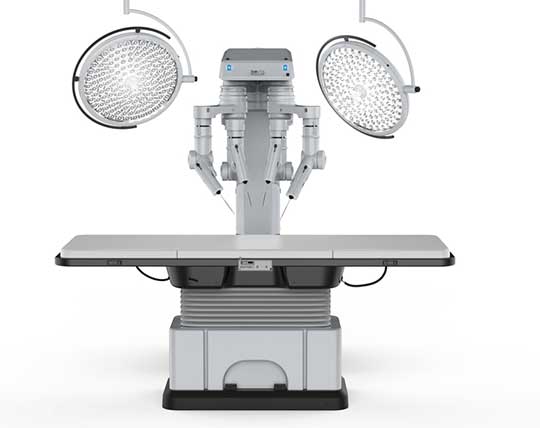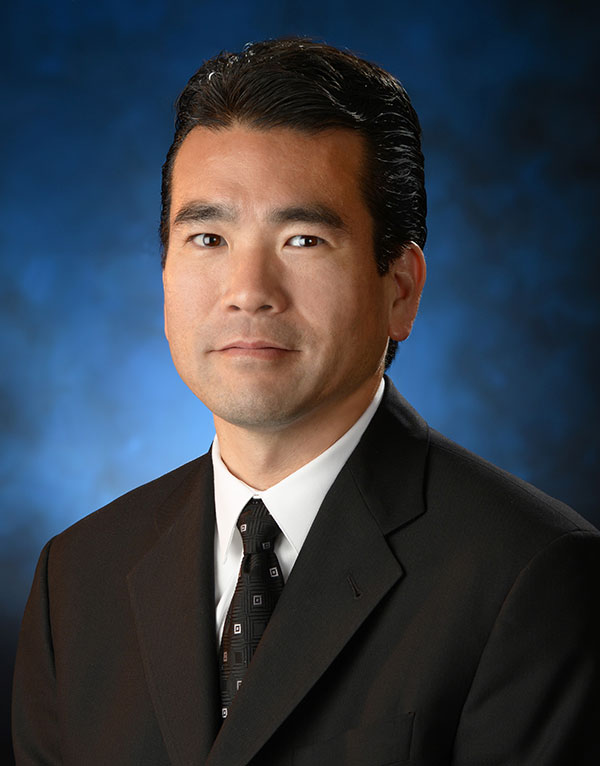Prostatectomy (Robot-Assisted)

If you've been diagnosed with prostate cancer, there are many forms of treatment available.
Even though a prostate diagnosis is frightening, the survival rate is high at 80 percent. With proper surgical intervention and postoperative care, complete recovery is possible. Depending on the patient's condition, a prostatectomy can be performed in several ways.
- Open prostatectomies are considered invasive surgeries and are usually avoided if possible.
- With advances in medical technology, robot-assisted prostatectomies are becoming more common.
Contact Us Today
Symptoms
Like most cancers, prostate cancer may not have display any symptoms until it has progressed. Symptoms will vary patient to patient, but below are some of the most common symptoms of prostate cancer include:
- Difficulty maintaining or starting a urine stream
- Frequent urination, particularly in the evening
- Urine retention
- Weak steam when urinating
- Leakage of urine
- If the cancer has progressed, some patients may experience bone pain
Radical Prostatectomies
Depending on the patient's staging, there are many ways to treat and cure prostate cancer. However, since every patient is different, the exact type of intervention will depend on the patient's age, overall health, and how far the cancer has progressed. If deemed necessary, a rad prostatectomy removes the prostate gland and the surrounding lymph nodes and tissue.


Robot-Assisted Prostatectomy
Several small incisions are made in your lower abdomen. The surgeon utilizes a console and medical instruments, which are attached to a robot. The surgeon then uses the robot to perform the radical prostatectomy.
Open Prostatectomy
If your surgeon feels an open radical prostatectomy is the best treatment option for you, he or she will open your abdomen and remove your prostate retropubically.
Laparoscopic Prostatectomy
Using a variety of small surgical incisions, your surgeon utilizes a camera and surgical tools to remove your prostate. Laparoscopic procedures are less invasive than traditional open prostatectomies.
Are There Risks?
As with any surgical procedure, there are risks involved with undergoing a prostatectomy. In addition to the standard risks associated with surgical procedures, the risks of having a prostatectomy include:
- Urinary tract infection
- Urinary incontinence
- Cyst formation
- Bleeding
What to Expect
Before surgery, you will be given an anesthetic. The type of anesthetic you receive will depend on the type of prostatectomy you are having. Typically, you'll be given spinal or general anesthesia. Since the operation can take up to three hours to complete, general anesthesia is usually given.
After surgery, you'll be given be oral or intravenous pain medication. Most likely, a catheter will remain in place while you heal. You will be given a follow-up appointment approximately six weeks post-operatively.
Contact Our Renowned Specialists Today!





Disclaimer : All content posted on this website is commentary or opinion. This website does not give or attempt to give medical advice and your personal information is not stored. THIS WEBSITE IS NOT DESIGNED TO – AND DOES NOT – PROVIDE MEDICAL ADVICE.
© Copyrights UCI Department of Urology, All rights reserved. | Links | UCI Men's Health Department | UCI Kidney Stone Center | UCI Pediatric Department | UCI Prostate Cancer Center | Privacy Policy | ADA Disclaimer
Internet Marketing

